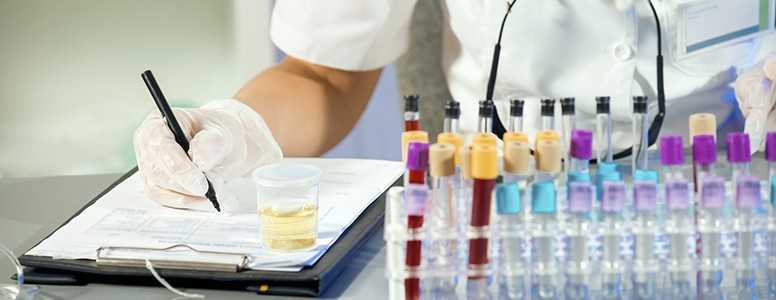UK researchers have developed a technology that could eventually lead to patients with type 1 diabetes no longer requiring insulin injections.
The University of Aberdeen and the London-based Cell and Gene Therapy Catapult (CGT) have created a company called Islexa, which is manufacturing lab-grown islets. These are the organoids that are responsible for insulin production.
Islexa’s technology involves reprogramming donated pancreatic tissue into fully functional islets. “This has an advantage over the use of stem cells as source material, since at the moment they generate only the insulin-producing beta cells,” according to Professor Kevin Docherty, University of Aberdeen.
If clinical trials prove these islets to be successful in producing insulin, it could provide a larger scale treatment option for people with type 1 diabetes.
Currently, islet transplants are restricted to patients with hypoglycemia unawareness. This is because extracting islets from pancreatic tissue is difficult and donors are hard to come by.
A transplant can provide patients with effective, long-term control of blood glucose levels without the need for insulin to be administered, and Islexa is confident this new development could have positive implications for many more people with type 1 diabetes.
Keith Thompson, chief executive of the Cell and Gene Therapy Catapult and an Islexa director said: “This is a really exciting technology that has the potential to bring life changing benefits to these diabetic patients.
“The collaboration has already delivered promising results and the formation of Islexa will accelerate the development of these lab grown islets and ultimately get this potential treatment to thousands of patients.”
Docherty added: “Donated islets are already effectively treating severe cases of type 1 diabetes. Having a hugely expanded supply of lab-grown islets will enable us to significantly extend this established clinical treatment.”
Islexa is now focusing on further pre-clinical development so that clinical trials can be conducted in the next few years.
What's new on the forum? ⭐️
Get our free newsletters
Stay up to date with the latest news, research and breakthroughs.





